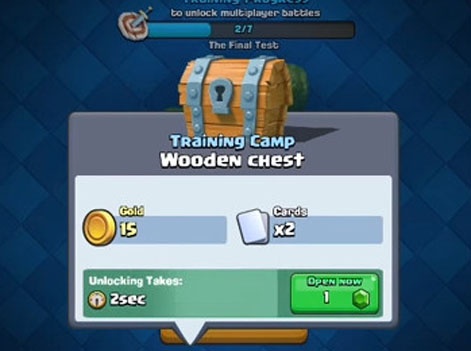James Cox is general manager at YoYo Games.
At YoYo Games we are incredibly lucky to have such a vocal community made up of indie developers, students, educators and hobbyists, as well as established studios who use GameMaker Studio 2, the 2D development environment for mobile, desktop and console games.
Following controversies surrounding the monetisation practices of certain games over the last year, we recently asked our community to complete our biggest ever survey on attitudes to in-game monetisation.
What are developers saying?
With over 1,700 responses returned from the survey, the results show a number of interesting concerns that indie and hobbyist developers have with monetisation, particularly in the mobile space and its relationship to the approaches that are taken in the PC and console space.
For clarification, monetisation in our survey means any form of revenue from software, including everything from the sale of a full price game to a free-to-play game with microtransactions.
The survey shows that for a large number of our developers, their attitudes to monetisation are similar to those of consumers, who view certain business models negatively.
However, the majority of our community in the mobile market believes that monetisation is essential for survival - whether it is to lower the initial cost, give the base game away for free or set itself apart in a market that is highly saturated and competitive.

One important discovery is that there are two types of indie and hobbyist developers using GameMaker to create their content. Those involved in publishing games to mobile and those who don’t.
In mobile, 69 per cent of developers monetise their games, whereas for developers who don’t publish to mobile, only 34 per cent monetise their games.
When things aren’t right it is often the indie community who are first to sense it and attempt to restore equilibrium.
There are some very interesting distinctions between these two groups. The importance of in-game monetisation to mobile indie developers is 49 per cent, while it is only 26 per cent to non-mobile indies. 21 per cent of mobile developers said that they rely on the money raised by their games, whereas around half that number of non-mobile developers are reliant on the cash.
For many in our community, they are using GameMaker as a learning/entry tool to games development, therefore making money is not necessarily their primary objective.
However, the results do show that, even with this in mind, there is a perception that monetisation is an incredibly important factor when it comes to particularly developing mobile content.
Further to this point, the likelihood that a mobile indie will use ads is 47 per cent, while 36 per cent said that they’d use in-app purchase mechanics. For non-mobile indies, however, those numbers change to just four per cent and three per cent.
From our survey pool, the most popular form of monetisation for non-mobile developers is the sale of premium games (i.e. games where you pay in advance, or free-to-start titles where you pay to unlock the rest of the game or disable ads) at 14 per cent. Though this is still eclipsed by mobile developers, at 26 per cent.
When asked about their views on monetisation, indie and hobbyist developers using GameMaker approach it carefully, being very clear and consistent in their views, whichever platforms they make games for.
Loot boxes: Good or bad?
Only five per cent of mobile and two per cent of non-mobile developers use loot boxes, and this is one of the biggest concerns they have. Loot boxes were often seen as a misuse of monetisation, a means of unbalancing gameplay and potentially even straying towards unregulated gambling (muddying the legislative waters).
Many GameMaker developers feel that distancing the monetisation from the core gameplay is the best approach, and they often achieve this through premium mechanics or just cosmetics.

It was mentioned several times that developers do not like free-to-play mechanics that allow you to buy assets that undermine players’ achievements by providing unfair advantages. Additionally, free-to-play is felt to be the practice of large studios who can make it work through economies of scale.
For small studios, the chances of success through this method was noted as being akin to winning the lottery.
From this survey, we see that many indie developers using GameMaker don’t want to be distracted from being creative and want to share their games with as large an audience as possible.
Often the simplest monetisation strategies work best for them and their audience, particularly on PC and console. More varied monetisation tactics are more prevalent and accepted in the mobile market, where developers are far more likely to use in-game ads, in-app purchases or the like - something that creators can leverage to generate extra revenue for their next projects.
Indie and hobbyist developers are, in our opinion, the heart of gaming. When things aren’t right it is often the indie community who are first to sense it and attempt to restore equilibrium.
They are so close to the players, that they see these issues from both sides and are eager to find an ethical middle ground that will fund their future game-making endeavours while providing tangible value to their audience.






















